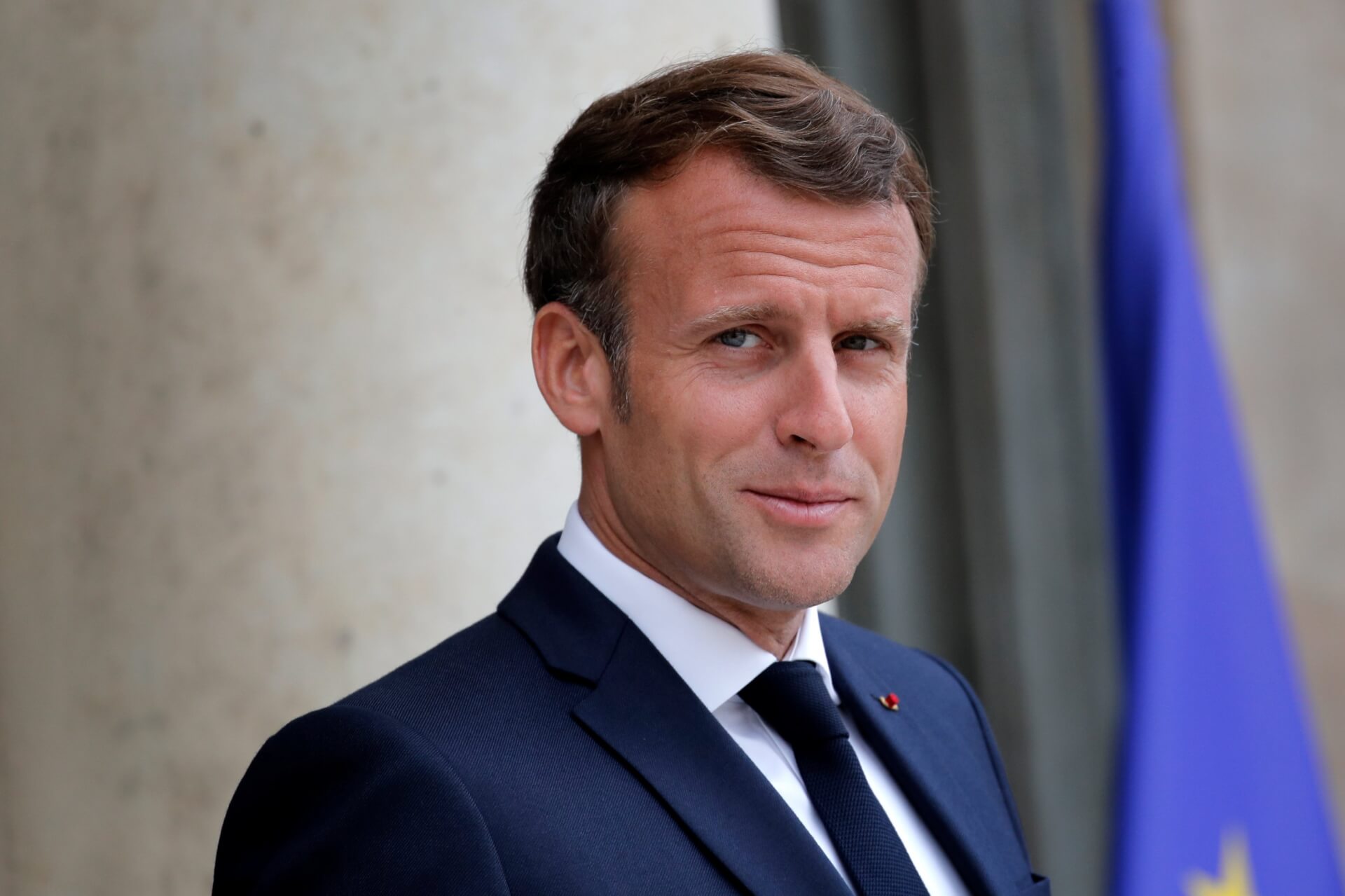French President Emmanuel Macron’s office issued a statement on Wednesday saying that France will issue “no repentance nor apologies” for the abuses committed in Algeria during its 132 years of colonial rule over the North African nation. The statement said that instead, the president would take part in “symbolic acts” aimed at promoting reconciliation, the statement.
The “symbolic acts” were not elaborated upon in detail but the statement mentioned that Macron would take part in three days of remembrance next year, which would mark the 60th anniversary of the end of the Algerian War. Each of the commemorative days will be “dedicated to a different group that suffered in the conflict”. Additionally, a report on the “memory of the colonisation of Algeria and the Algerian war”, which was commissioned by Macron, was published on Wednesday. Written by French historian Benjamin Stora, the report does not recommend France to apologise for the atrocities committed during the colonial period. Rather it suggests “ways of shedding light on one of the darker chapters of French history and [proposes] ways of promoting healing”. Further, it details “proposals to improve the complex relationship between the two countries”, including opening up of war archives and holding commemorations.
In the past, Algerians have demanded France to “acknowledge and apologise” for the “discriminatory practices and crimes” that it is guilty of having committed during its 132-year long colonial rule in the country. In fact, war crimes committed during the Algerian War of Independence that lasted from 1954 to 1962 strain the relationship even six decades later. However, French historians have downplayed the atrocities of the eight-year-long Algerian War of Independence and assert that the war claimed only 400,000 lives from both sides. On the other hand, estimates by Algerian historians suggest that 1.5 million Algerians were killed fighting for independence from the French colonisers.
African nations have insisted that France needs to take bigger actions in paying homage to those that suffered at hands of their colonizers and aided France in its wars. Despite the recent statement, Macron is the first French president to have gone further than any of his predecessors in recognising France’s bloody colonial history.
Last year, the French Ministry of Defence presented a report to memorialise, acknowledge, and celebrate the contribution of the African soldiers as “essential actors” in France’s freedom struggle during World War II. The report enlisted one hundred such soldiers, who were citizens of 18 African countries, including Algeria, Tunisia, Morocco, Mauritania, Mali, Burkina Faso, Guinea Conakry, Cote d’Ivoire, Benin, Niger, Senegal, Chad, Sudan, Central African Republic, Cameroon, Gabon, and Madagascar. Additionally, as part of an effort to acknowledge its racially-fuelled colonial past, France’s armed forces ministry published a guide for local authorities with a list of 100 names of African soldiers that had aided the country in World War II, so that streets could be named after them. This move came amidst the Black Lives Matter (BLM) protests last year, which propelled several local and national governments to remove statues, names, and objects that were seen to be honouring and celebrating racist figures and practices.
Moreover, in 2017, erstwhile President Hollande granted French citizenship to all African veterans who had participated in World War II for France. In 2010, French President Sarkozy, too, announced equal pension for all soldiers who fought for France, regardless of their “nationality or place of residence.” However, Algeria, among other African nations, has insisted the efforts still fall short and has urged the French government on multiple occasions to do more to compensate for its losses.
Macron Refuses to Issue Apology for French Colonial Crimes in Algeria
French President Emmanuel Macron has said that his government will not issue a public apology for the colonial abuses committed in Alegria, but will instead participate in “symbolic acts”.
January 21, 2021

SOURCE: AP
